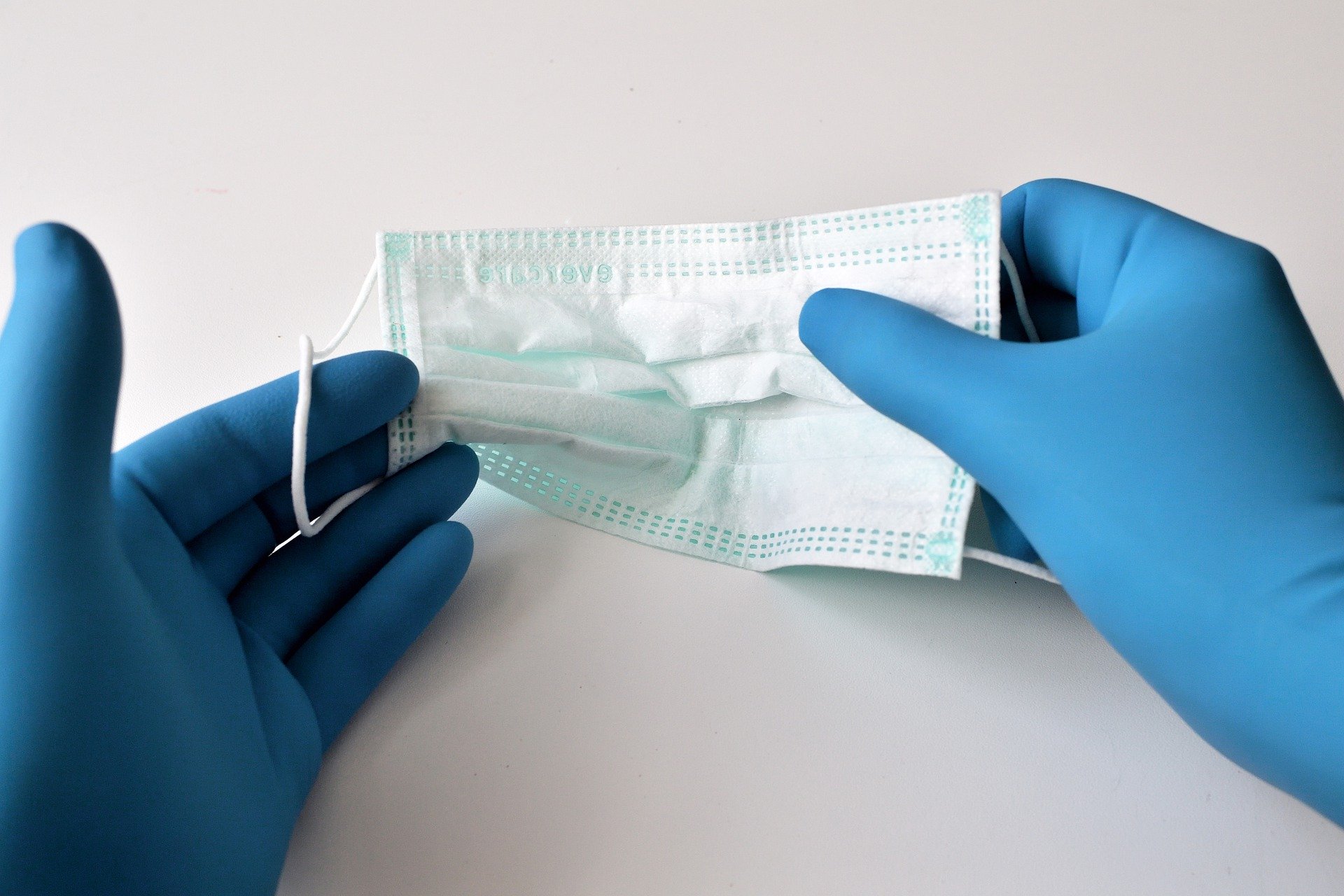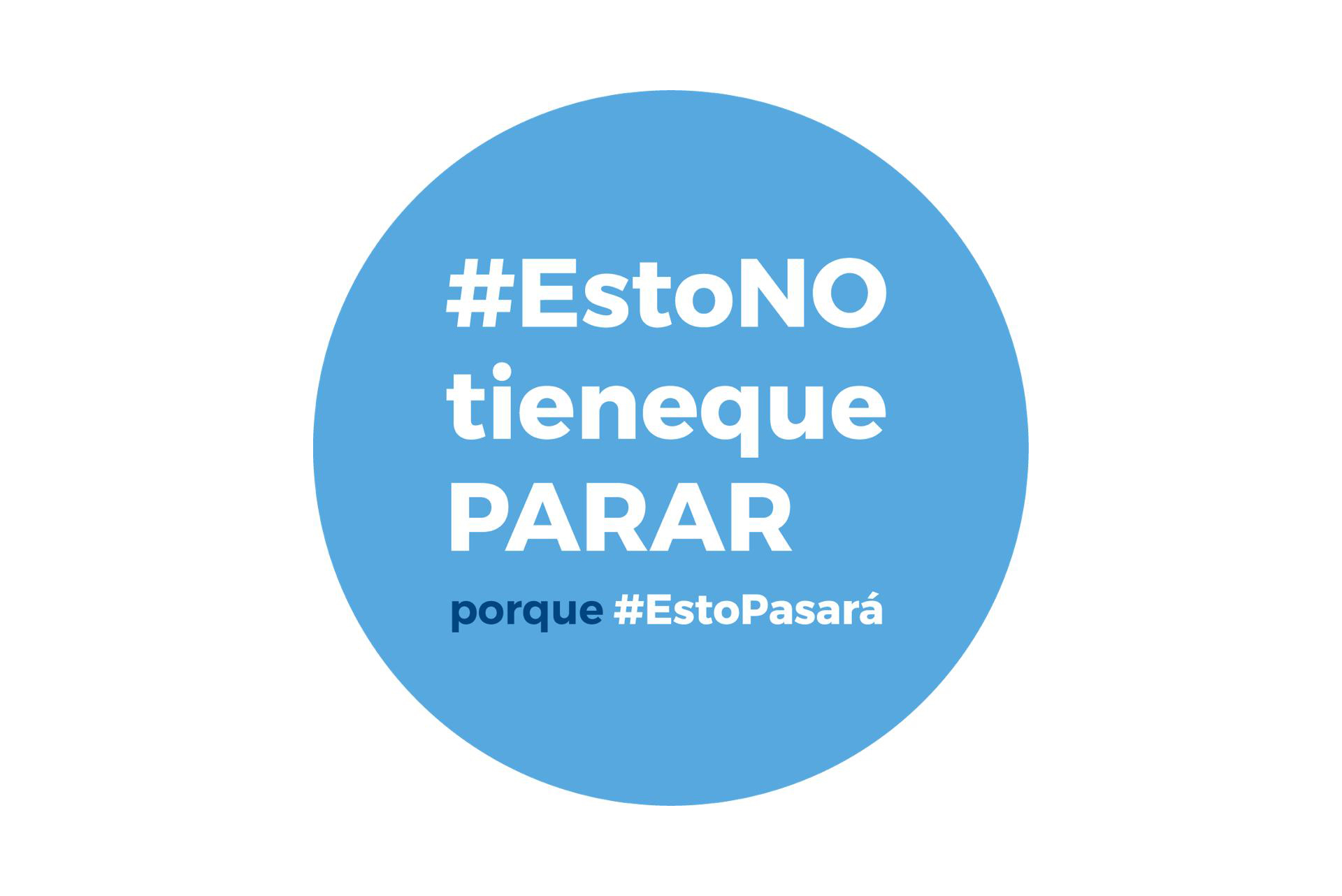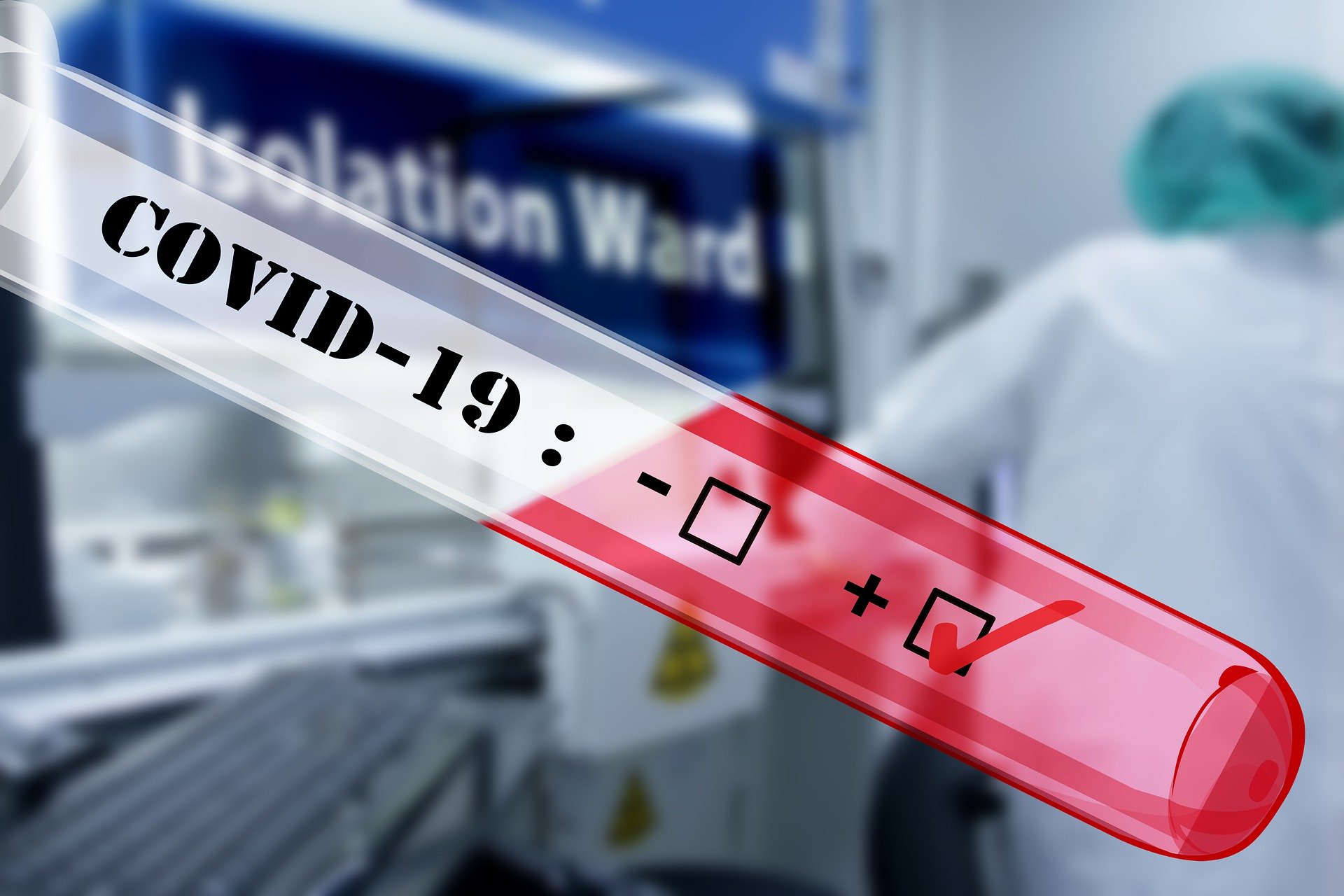Eighty-six per cent of family businesses state that their activity has dropped, with 42% saying that they have experienced falls of over 60%. These are among the results of a Bank of Spain report released today in which ASCEF participated by canvassing the opinions of its members. Almost a third of the companies surveyed say that they will suffer a decrease in profits of over 80%. Despite this, almost half of them have managed to reduce the fall in employment to below 20%.
Family employers regard government measures as insufficient, although the most popular are the facilities for the temporary adjustment of employment, the special financing lines (ICO), the guarantee lines and public guarantees and the deferral of tax debts.
The Bank of Spain estimates that the disruption of this year’s activity and employment “will be very severe” but that it will be mitigated to some extent by measures aimed at providing short-term liquidity and income. According to these calculations, the public deficit in 2020 may be within a range of approximately –7% to –11% of GDP. Meanwhile, public debt this year could be between 110% and over 120% of GDP approximately.





